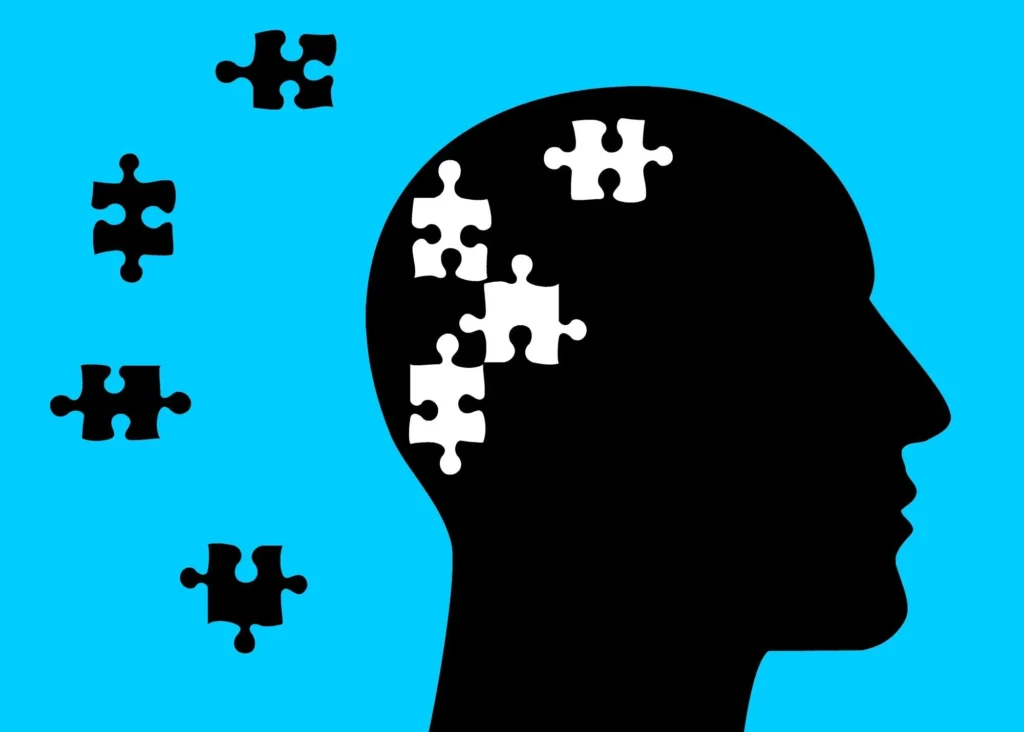In today’s world, technology plays a crucial role in improving behavioral health solutions. It offers innovative tools that enhance addiction treatment and support recovery. Have you ever wondered how these technologies work?
From mobile apps to teletherapy, technology enables greater access to care. Many people now receive support right from their homes. This is vital for those facing mental health challenges and substance use issues.
As technology evolves, so does its potential to change lives. Let’s explore.
Teletherapy: Bridging the Gap in Mental Health Care
Teletherapy is transforming how people access mental health care. It enables individuals to meet with therapists through video calls or messaging apps.
This approach makes it easier for those seeking help to connect with professionals. This is beneficial in addiction therapy. It allows individuals to get support from the comfort of their homes.
Teletherapy breaks down barriers such as travel time and scheduling conflicts. It makes it a practical solution for many.
Teletherapy offers flexible and accessible support. This approach ensures more people receive the care they need. It is to improve their mental well-being.
Mobile Applications: Supporting Recovery on the Go
Mobile applications are becoming essential tools in supporting recovery from addiction. These apps offer resources and guidance that users can access anytime and anywhere. It makes it easier to stay on track during challenging moments. Many applications provide features like:
- daily reminders
- mood tracking
- forums for community support
Some include information on addiction treatment billing. It helps individuals understand the costs associated with their care.
These apps empower users to take control of their recovery journey. By putting support and resources in the palm of their hands, they ease the process.
Data Analytics: Enhancing Treatment Outcomes
Data analytics is a crucial tool for enhancing treatment outcomes. It plays a significant role in supporting individuals facing behavioral health issues.
Healthcare providers can identify patterns and trends by collecting and examining patient data. These insights may influence recovery outcomes.
This process helps professionals understand what methods work best for different patients. It allows them to tailor treatments to individual needs.
With better insights, therapists can monitor progress closely. This allows them to make informed decisions about care plans.
Effective use of data analytics leads to more personalized and effective treatment options. It enhances the recovery experience.
Virtual Reality: Innovative Approaches to Therapy
Virtual reality (VR) is opening new doors in therapy. It provides unique ways for patients to engage in their treatment.
VR allows individuals to face their fears in a controlled environment. It makes it easier to manage stress and anxiety.
For example, someone with a fear of heights can practice climbing in a virtual setting. It helps them build confidence. VR can be used for relaxation, offering calming environments that promote mental well-being.
This technology is fun. It offers real benefits for those seeking help in their recovery journey.
Learn More About the Role of Technology in Behavioral Health Solutions
Technology impacts behavioral health solutions today. It provides innovative tools that enhance recovery and support individuals. By improving access to care, health solutions become more effective and user-friendly.
Mobile apps and teletherapy foster a supportive environment for those in need. As we explore these advancements, we see hope for better mental health outcomes. Embracing technology is vital for a brighter future in behavioral health.
Did you find this article helpful? If so, check out the rest of our site for more informative content.







